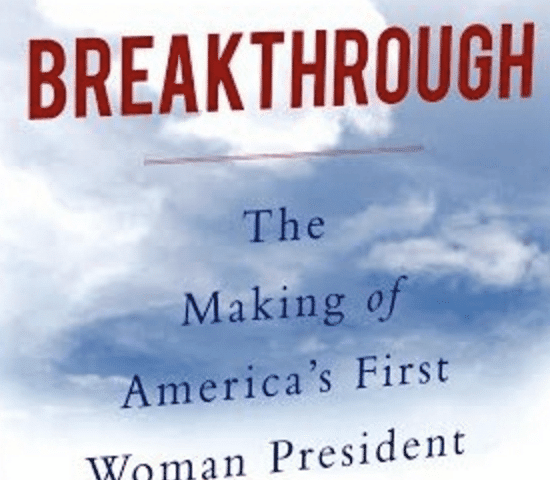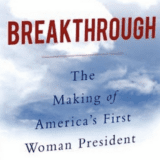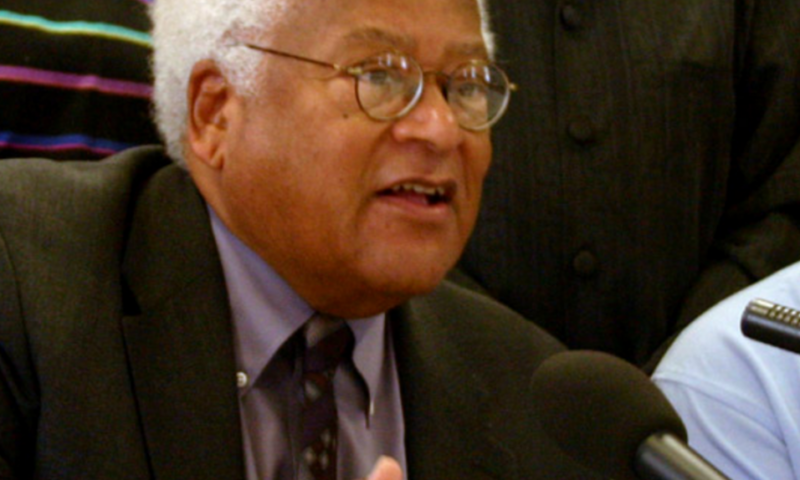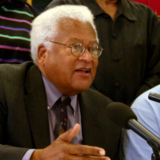

Imagine a world where you get a check each month that allows you to cover your basic costs — but don’t have to work to earn it.


Despite receiving hundreds of millions of dollars from California’s taxpayers, California Virtual Academies (CAVA), the state’s largest provider of online public education, is failing key tests used to measure educational success.


After the triumphant 2014 passage of Los Angeles’ $15.37 hourly minimum wage ordinance for city hotel workers, there came a moment of puzzlement for many at City Hall and elsewhere.


If you’re a woman and running for political office has ever crossed your mind, historian Nancy L. Cohen’s new book, Breakthrough: The Making of Americas First Woman President, is a must-read.


A recent audit found that First Transit, the contractor hired by the city to operate the D.C. bus system, is cutting corners on maintenance.


It’s often apparent at countless restaurants around the country that the hardest working employees are the bussers, with the “back of the house” providing the foundation for the entire culinary enterprise.


Also, Listen to full interview podcast.


At age 88, civil rights leader, organizer and thinker Reverend James Lawson Jr. is still busy teaching all who will hear that nonviolence “represents a new day for activism.”


April 28 will be a noteworthy day for workers in the U.S. and abroad. International Workers’ Memorial Day (WMD) was established in 1970 – the year Congress passed the Occupational Safety and Health Act (OSHA) – to honor wage-earners who were injured or lost their lives due to unsafe job conditions.


In some ways, Prince was the most successful pop recording artist who wrote frankly and pointedly about sexuality in nearly every one of his songs.